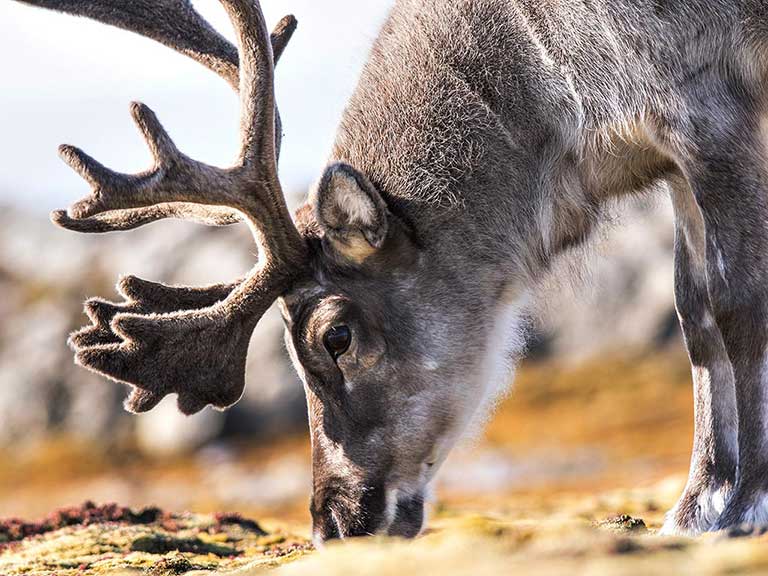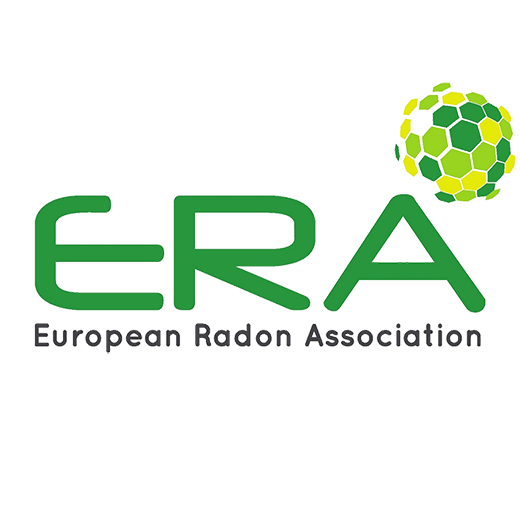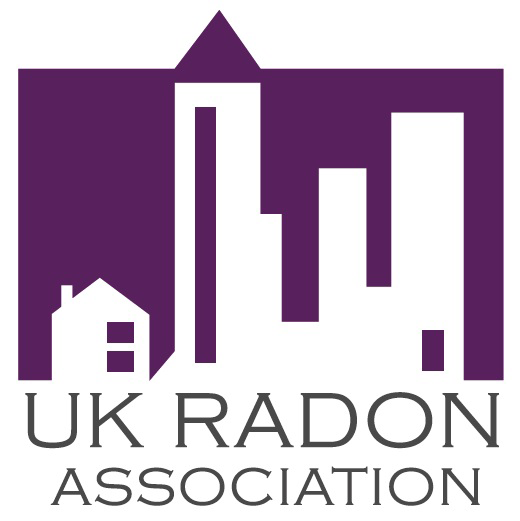Caesium Measurement
Testing to avoid radioactive caesium contaminated food
Our measurement system is one of the most efficient in the world, with a capacity of more than 1,000 samples per day. The measurement method is approved by the Swedish National Food Administration and the Swedish Radiation Safety Authority. It is also accredited by the Swedish Board of Accreditation and Conformity Assessment. We can test organic substances such as wood or wood products, game, fish, reindeer meat, berries, fungi and other foods for radioactive Caesium (Cs137).
Samples should have a minimum weight of 100 g/sample. The sample can consist of several smaller pieces, but should be wrapped in a plastic bag or a similar wrapping. The sample must fit into a cylinder of 8 cm diameter and 15 cm max length. If multiple samples are sent together, please ensure the samples are individually marked so they can be differentiated on the analysis report. Contact information and return address, for sending the analysis report and invoice, must be attached to the sample shipment. Samples are normally measured (in Bq/kg) within 2-3 days of receipt.
Cs137 is the isotope that has caused the greatest problem in the ecological system following the Chernobyl accident. Cs137 has a half-life of 30 years and will therefore remain in the environment for a significant period of time. It is therefore important to test for Cs137 levels in the plants and animals which can be processed into human food.
If you are interested in more details regarding our Caesium (Cs137) Measurement Service please contact us here, or on +46 (0) 18 56 88 00.




